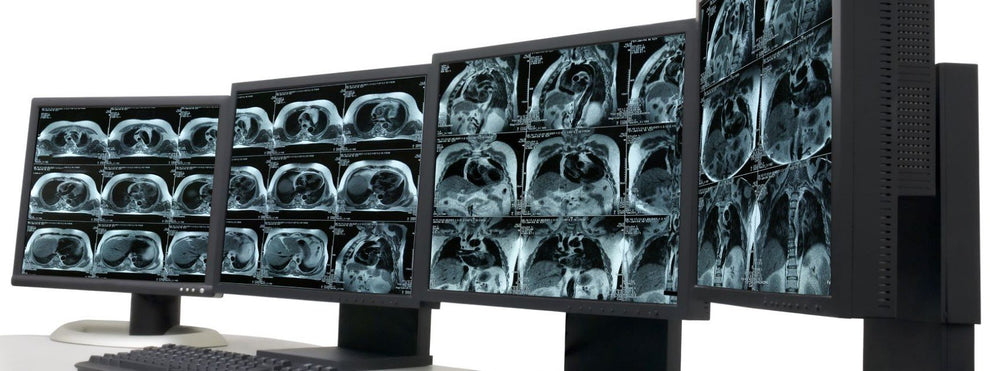The truth about COVID and the heart

I’ve recently seen a string of patients who've recovered from coronavirus infection. And they’re in my office because they are concerned regarding the long-term effects of COVID-19 on the heart. Many are wondering whether they should have an MRI evaluation to determine if they suffered heart damage from the virus.
And if you’ve had the virus you might be wondering the same thing.
Questioning whether a heart MRI is required is not a routine query. After all, a heart MRI is not a routine test. So why are we even considering this? Because last summer a study from Germany revealed that approximately three quarters of patients who recovered from more severe COVID-19 infections had...abnormal heart MRI results. Subsequently, another MRI study of young, competitive athletes who simply tested positive for COVID-19 infection revealed that nearly half had abnormal heart scans.
The media went wild. Heart damage from COVID-19 was pronounced as serious and widespread. Seniors panicked. High school and collegiate sports were cancelled. Cardiologists braced for a wave of patients needing heart transplants.
But we were all wrong.
Because we were busy looking at pictures instead of patients.
It turns out that adults who experience more severe symptoms from COVID are also much more likely to be affected by high blood pressure, obesity and/or diabetes. In fact, one or more of these risk factors are present in two thirds of Americans that require hospitalization for COVID-19 infection. And guess what people with obesity, high blood pressure and diabetes are at risk for? Heart disease!
And here’s what’s become obvious over time: there is significant overlap between abnormalities seen on heart MRIs of patients who have recovered from COVID-19 and those with heart disease risk factors that have never had the virus. Meaning those heart MRI findings in COVID-19 survivors could simply be chance findings.
And what about those athletes? Two major points. Heart MRI abnormalities can be present in elite athletes that have never had a viral illness. Plus, because we have never routinely performed heart MRIs on asymptomatic people with other viral infections like the common cold or flu, we have NO IDEA what to expect in that scenario. Meaning the findings in the athletes could have been "normal" for any young individual experiencing any viral infection.
Some takeaways:
- GREAT NEWS: Although we still have lots to learn about COVID-19, it appears that in most patients the effects on the heart are relatively minor, and don't result in deterioration of heart function. Turns out those exploding heart transplant lists never materialized and athletes were able to return to competition without excess heart-related events.
- Given significant overlap in image findings with other conditions, heart MRIs should not be relied upon to make the diagnosis of COVID-related heart damage in patients who have recovered from the infection. So if you’ve had COVID-19 and are pretty much back to baseline, there’s no need for you to have a heart MRI test.
- Testing for the sake of testing is never a good idea because it can lead us astray. Sometimes we don't even understand what we're looking at. So if your doctor ever suggests a test, make sure you understand why the test is being ordered and how the findings would be expected to impact your care. Those MRI findings in athletes and adults who had recovered from COVID-19 infections may have made the headlines, but knowing that those abnormalities were present added little to nothing to the care of the individuals who had undergone the scans.
Finally, know that not everything important about health and healthcare makes the headlines - or is even always correct. After making a media splash across the globe, the German study faced intense scientific criticism, eventually leading the authors to re-examine their data and admit that some of their statistics were wrong. I bet you never saw THAT in the news.

Tested & Proven Results.
- Cardiologist formulated
- Supported by over 500 publications
- Clinically-proven, in a double-blind randomized trial with Mayo Clinic and The University of Manitoba
80% of participants lowered their cholesterol in just 30 days. With just two servings per day, Step One Foods offers a proven-effective way to naturally lower LDL (bad) cholesterol.
Get heart health tips and articles like this, delivered right to your email.
New articles every week.
You may also like...

Insulin Resistance, Prediabetes and Type 2 Diabetes. Part 4: Un-Doing It.

You don’t need to avoid foods with cholesterol…except for these



